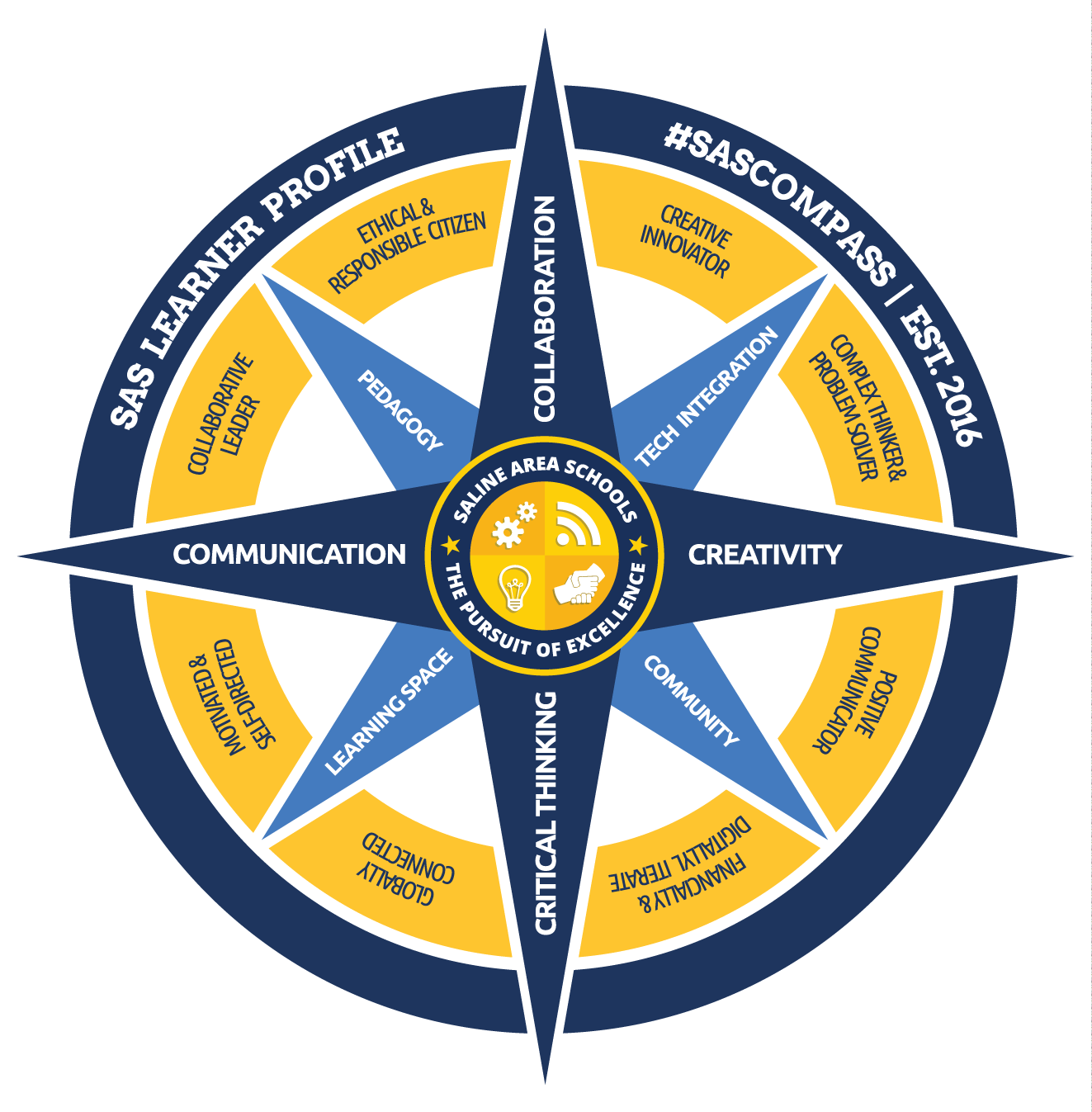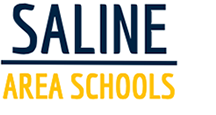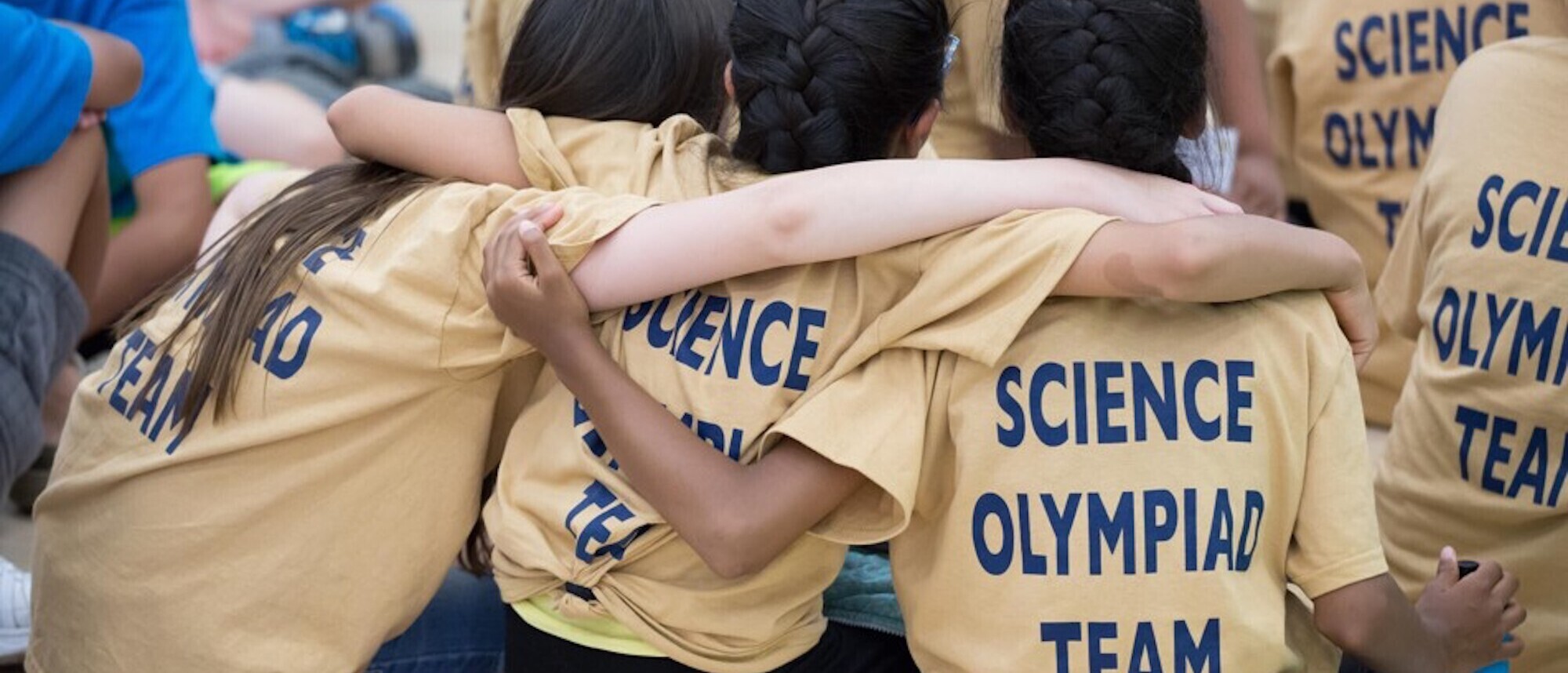STEAM
WHY STEAM?
STEAM Education is a learning approach that uses Science (S), Technology (T), Engineering (E), the Arts (A), and Mathematics (M) to guide and teach students to think critically, problem solve and use creativity. The skills developed prepare students to study (and potentially work) in related fields and beyond.
Science Olympiad
HIGH SCHOOL
A competitive team emphasizing Science and Engineering. Science Olympiad has 23 events ranging from the earth sciences, life sciences, physical sciences as well as construction and design. Each event has a tandem compete, except three events which have three students adding up to 49 slots per team. Those 49 slots are divided among a maximum of 15 students per team. Schools can have multiple teams. The high school team has a varsity competition team and two experience teams. Varsity requires high commitment and achievement. It is selected through a lengthy tryout process. The two Experience teams are designed for students to be engaged but also allow for more schedule flexibility for those in many activities/sports.
Each team score at a tournament involves adding the placement scores of each event together for an overall team score. So first place gets 1 point, 50th place gets 50 points. The lowest scoring team wins. After the invitational season, the regional championship is elimination. Two high school teams advance to states. Two teams from states advance to Nationals.
Saline is currently estimated to be in the top 30 nationally. Michigan is one of the most competitive states in the country and our two state representing teams typically end up top 10 at nationals. Saline was fifth in Michigan in 2019 just missing top two by two event scores. However, Saline defeated several state champions in invitationals last year and before. Coach: Monica Sieh
August - May
middle SCHOOL
Our middle school Science Olympiad team is dedicated to teaching and exploring science and engineering subjects and materials that are not generally taught in the classroom. Practices: Thursdays 3:00-5:00 and Saturdays 1:00-4:00. Competitions: Approximately one per month on Saturdays from December - April Coach: Lisa Spencer
Season: October - April
Season
Twitter
Facebook
Website
heritage (2nd-5th)
Open to all 2nd-5th graders, even though the program is titled "Heritage." The Saline Heritage Science Olympiad is our representative team in the Washtenaw Elementary Science Olympiad (WESO) and is open to all Saline elementary students in grades 2-5. The Science Olympiad and WESO are devoted to improving the quality of science education, increasing student interest in science, and providing recognition for outstanding achievement in science education by both students and teachers. Coach: Jon Spencer
December - May
Facebook
Website
ROBOTICS
HIGH SCHOOL
The SHS FIRST Robotics Competition team, Saline Singularity, provides students with real-world experience in STEM, business and outreach, and management of our student-run team of over 30 people. Students are tasked with building a robot from scratch in just 6 short weeks to compete with other teams in an exciting and unique competition each year. Students have the opportunity to work on various aspects of the engineering design process, including mechanical, electrical, programming, CAD (computer-aided design), scouting, and our business & outreach team. In FIRST, however, it's about more than just robots. Students also participate in various outreach activities to promote STEM in the community and spread the ideas of FIRST, including Gracious Professionalism and Co-operatition. Beyond experience in STEM, students will gain access to a wealth of opportunities and college scholarships available to FIRST alumni at colleges around the country. Coach: Brent Bendes
January - April
Twitter
Website
middle SCHOOL
Robotics Club - participates in the FIRST FTC Robotics program. FIRST Tech Challenge students learn to think like engineers. Teams design, build, and code robots to compete in an alliance format against other teams. Robots are built from a reusable platform, powered by Android technology, and can be coded using a variety of levels of Java-based programming. Coach: Jeroen Spitael
September - May
Twitter
Website
heritage first Lego league (FLL)
The FIRST Lego League team introduces students to engineering, problem-solving, and coding/programming in an inclusive, creative, and positive environment. Team members work collaboratively to build and program a LEGO SPIKE Prime robot to compete in a worldwide robotics challenge organized by FIRST Robotics. Coaches: Chris Myers / Aaron Atkinson
Season: August - December
Additional STEAM Groups
girls who code club
Saline's Girls Who Code Club is comprised of 6th - 12th-grade girls who are interested in learning more about women in coding, learning new coding languages, and collaborating with friends to solve real-world problems by building a group community project together.
We are a part of the National Girls Who Code program. Our middle and high school club will encourage you to impact your community in a positive way through code. In order to build the skills you need to make an impact, you will learn how to code from our fun online tutorials and activities that will help you build animations, games, apps, and other things that you dream up!
The SAS Girls Who Code Club is a group of young women interested in challenging their minds through coding, collaboration, and creating a community project. Our club meets virtually for 10 weeks beginning in January after school until 5:30 weekly. Sign up at the Girls Who Code Club HQ using Club Code MI50171. Online coding tutorials are available year round to all who sign up! Coach: Eileen Cronin
There is no fee to participate.
Season: January - June
Website
Math Counts
In our SMS program, we focus less on the final competition and more on developing critical thinking and problem-solving skills while nurturing (and developing) a passion for math. Additionally, we focus on sharing our approaches so we can learn together and foster our skills at communicating. Coach: Kim Reik
Season: October - February











